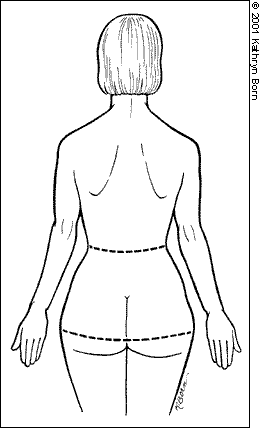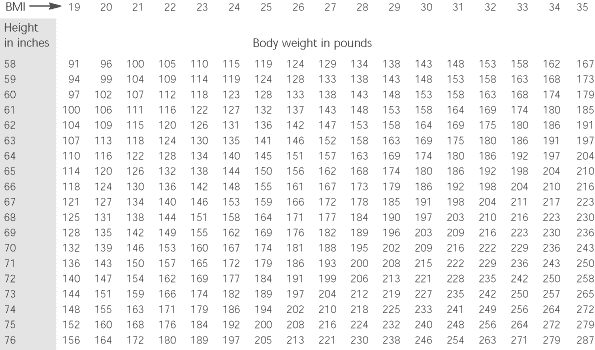
Am Fam Physician. 2001;63(6):1165-1166
What is insulin resistance syndrome?
Insulin is a kind of hormone. It helps your body store sugar in your tissues. Your body uses stored sugar for energy.
In some people, the tissues stop responding to insulin. We say that these people are resistant to insulin. If you have insulin resistance, your body will pour more and more insulin into your blood, but it will not help you store sugar.
Insulin resistance often goes along with other health problems, like diabetes, high cholesterol, high blood pressure and heart attack. When one person has many of these problems together, we call it insulin resistance syndrome.
How would I know I have insulin resistance syndrome?
No simple test can tell that you have insulin resistance syndrome. If one (or more) of the following is true for you, your doctor may suspect you have insulin resistance syndrome:
One (or more) of your brothers, sisters or parents has been diagnosed with diabetes.
You have a history of diabetes during pregnancy.
You have a history of polycystic ovary syndrome.
You have a blood sugar level that is not quite high enough to be diabetes, but it is higher than normal. It means you have more risk of getting diabetes.
You are overweight (obese).
You have more fat around your waist than around your hips.
See the chart on the next page to find out if you are overweight. See the waist-to-hip drawing to the right to find out if you have too much fat in your abdomen (tummy area).



BMI means body mass index. To find your BMI, find your height on the left column. Go across on that line until you find your weight. Now go up that column to the BMI number in the first row across the top. If your BMI number is 25 to 29, you are overweight. If your BMI number is 30 or higher, you are obese.
What can I do about insulin resistance?
If you live a healthy lifestyle, you may be able to avoid getting the diseases that are called insulin resistance syndrome. To live a healthy lifestyle, you should do the following:
Keep yourself at a healthy weight. Your doctor will help you get to a healthy weight through diet and exercise. See the BMI chart below to find a healthy weight for your height.
Keep walking. Walking just 30 minutes each day will help prevent the diseases of insulin resistance syndrome. Other kinds of exercise also help.
Eat a lot of dietary fiber. Foods high in dietary fiber should be a regular part of your diet. You should eat several servings of fruits, vegetables and whole-grain bread every day.